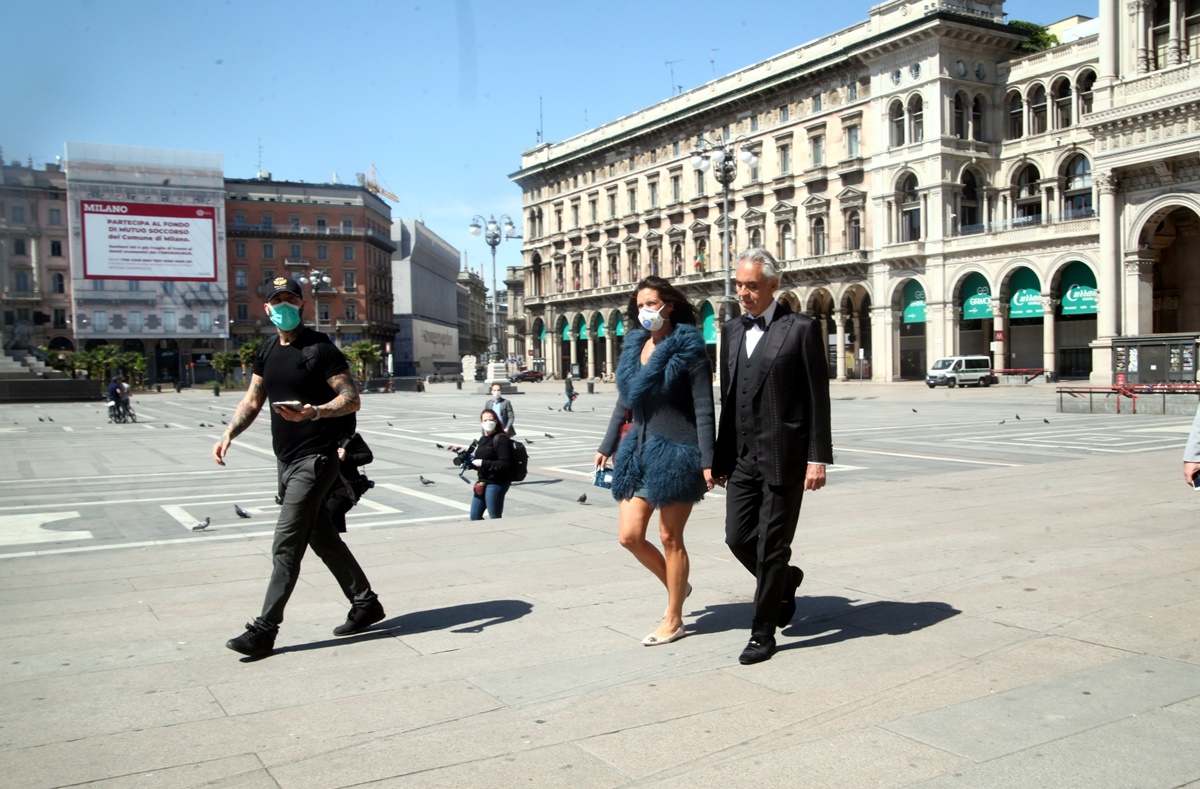The Venezuelan president Nicolàs Maduro has recently made headlines when he announced his pardoning of 110 jailed political dissidents. Many of those acted in the interest of Mr Maduro’s rival, Juan Guaidò, who has declared himself interim president in 2019 in a bid to overthrow his rival’s oppressive regime.
Mr Guaidò is supported by more than 60 countries around the world who disapprove of Mr Maduro’s rule, which has plunged Venezuela into a prolonged and destructive crisis. An international network of diplomats sworn to the opposer-in-chief is foreign countries to act against Mr Maduro, whom they deem a dictator.
Armando Armas is one of such diplomats, president of the foreign commission of Mr Guaidò’s parliament. Mr Armas, who is very close to Mr Guaidò, was not among those pardoned by Mr Maduro, he has called out Itay as the European country closest to his regime. He’s not wrong: Italy is yet to recognise Mr Guaidò, and is as such an outlier among Western countries.
“Firstly, Mr Maduro is not legitimated to give out any pardons, because these people never committed a crime; 23 MPs have been incarcerated illegally, without any regard for immunity or evidence. It’s an electoral farce, [Mr] Maduro only wants to create propaganda in view of December’s fake elections,” told us Mr Armas, who is in Italy due to family ties.
The exiled diplomat also pointed out that the pardon was intended to stir up the favour of European nations, as Mr Maduro seeks a lifeline to counter the heavy US sanctions imposed on his regime.
Mr Armas’ mother, the respected judge Nidia Cuartin, was recently arrested by heavily armed men, who withheld and interrogated her without any evidence of wrongdoing. They belonged to CONAS, Mr Maduro’s élite special forces who have taken to “anti-subversive activities”; a 2017 Human Rights Watch report placed them in a list of Venezuelan State organisations accused of human rights violation and torture, including electric shocks, severe beatings, asphyxiation and rape.
“Their modus operandi is sadly known,” told us Mariela Magallanes, another exiled diplomat living in Italy; “they go to the family home of a dissident who’s in exile or on the run. They withhold their relatives, they threaten them, they provoke [the dissident] so that he turns up. Then they arrest him.”
Rome has failed to condemn this move, as noted by Mr Armas, who said he was not surprised, given that Italy “is one of the last European countries that insists on blocking [the affirmation of] a unique position of Brussels regarding the [imposition of] sanctions on [Mr] Maduro.”
“Gian Carlo Di Martino, the Venezuelan consul in Milan, has asked to pose a bounty on exiled MPs, including me. We’ve asked [the Italian foreign ministry] to revoke his credentials, we’re still waiting on that.”
“It’s time that Italy, too, recognised [Mr] Guaidò as the leader of Venezuela,” ran the title of an interview to Mauricio Claver-Carone on the Italian daily La Stampa. He is the Director of Western Hemisphere Affairs at the US National Security Council.
“It would give us great pleasure if you took this initiative, which would favour a democratic transition, and thus the stabilisation and development of Caracas and the entire region,” declared Mr Claver-Carone in that interview, as to soften the threat of “devastating sanctions” he issued in May to those companies that continue to deal with PDVSA, the Venezuelan State petrol company controlled directly by Mr Maduro’s regime.
These sanctions may hit ENI, the main Italian petrol company, who has been dealing with PDVSA since before the Chàvez regime, as noted by the Italian MP Alessandro Pagano; the latter also highlighted that Venezuela still owes €800 million to ENI, and that the extraction is probably a part of long-term credit recovery operations.
The Italian government itself is somewhat split on endorsing Mr Guaidò, as the Five Star Movement, which is the senior partner in Italy’s coalition government, is the only party with a history of closeness with the regime.
A 5S delegation travelled to Caracas in 2017 to partake in the memorial for the death of former president Hugo Chàvez, and some leading figures have publicly praised Mr Maduro’s regime and criticised US economic interventions in the past.
A year ago, Antonio Zennaro, a former 5S MP who has since left the Movement, published a post calling for the government to take a “clear and unequivocal position on [Mr] Maduro’s regime. Viva Venzuela libre (hooray for free Venezuela).”
Given the recent realignment between the 5S and traditional Atlanticism, their position seems to be changing. Pier Ferdinando Casini, a seasoned Democrat MP responsible for bringing two Italo-Venezuelan opposition MPs to safety in Italy (including Ms Magallanes), acknowledged that Luigi Di Maio, leading Five Star member and foreign minister, has maintained a “unassailable” position on Venezuela and other international dossiers.
However, there is one institution holding more soft power than the Italian parliament: the Vatican. “Pope Francis assures us of his prayers. We need something more. A clear position in defence of the Venezuelan people. It’s a religious population, with a worried Church, which feels abandoned, forgotten. The pope can break this silence,” plead Ms Magallanes through Formiche.net.








